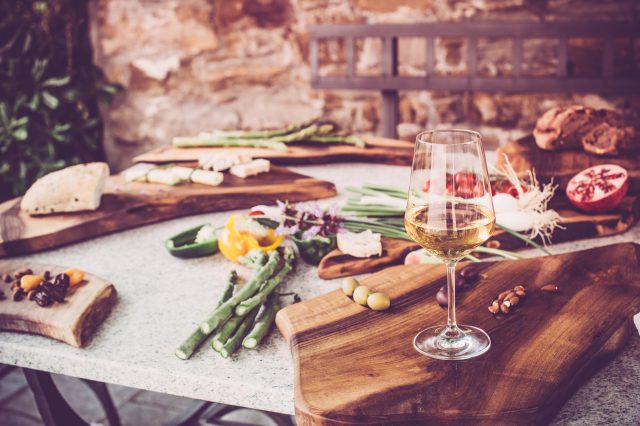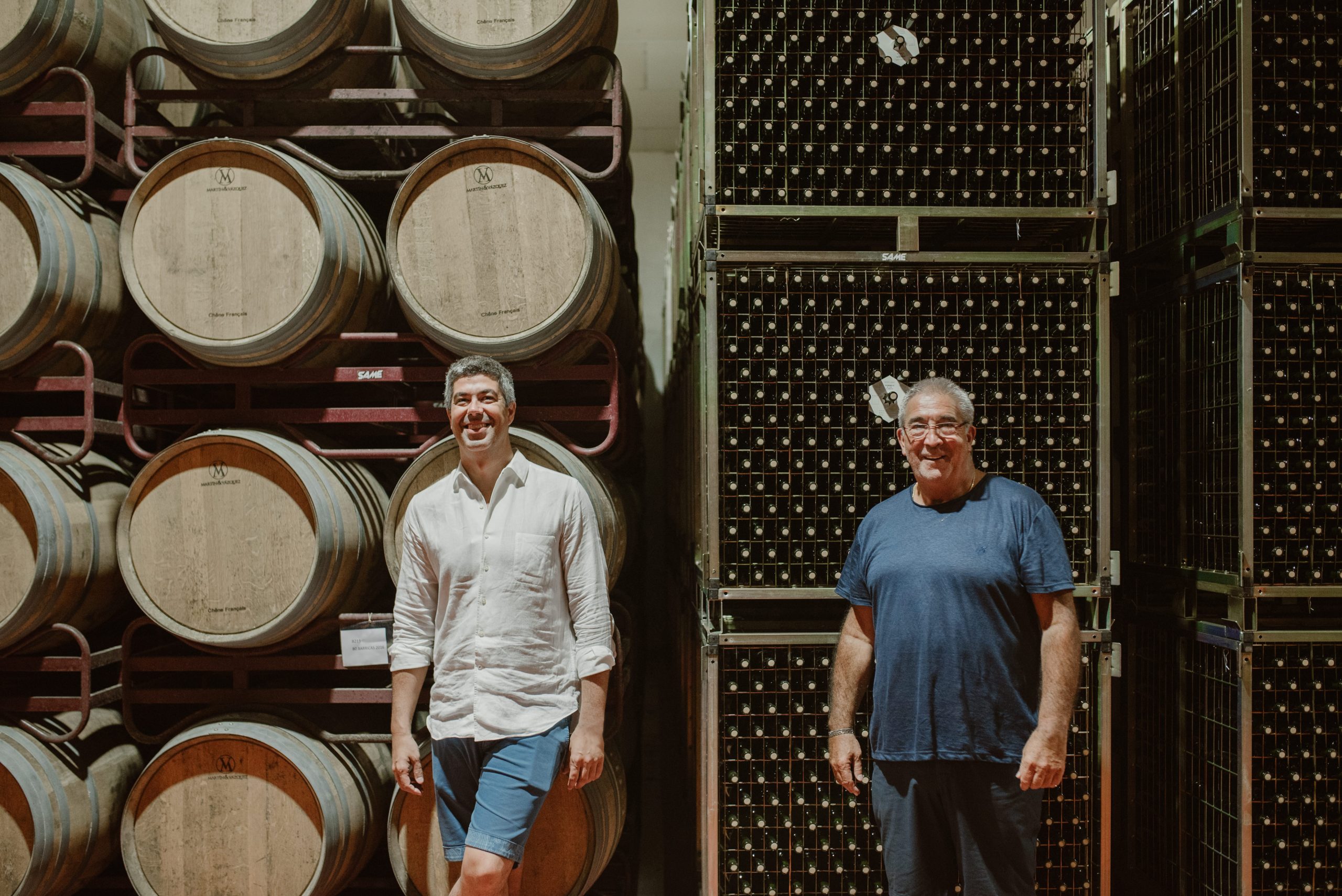Does wine need to go vegan to crack the on-trade?
Making your wine vegan could help to get your bottles through restaurant doors, especially in the US, writes Sarah Neish.

During a recent trip to the US to promote its wines, Pernod Ricard-owned Provence rosé producer Château Sainte Marguerite was surprised to find that restaurants were more interested in its vegan certification than in its organic status.
“Vegan resonated more than organic, and we had this feedback in both New York and Florida,” winemaker Olivier Fayard tells db.
The sommeliers with whom Sainte Marguerite met in these states all mentioned a growing demand for vegan wine in US restaurants – and many were considering creating a vegan-specific section on their wine list.
For Argentinian wine producer Domaine Bousquet, which has been certified vegan since 2020, the on-trade is the key driver of the sector. “The on-trade has been key in driving consumer awareness of vegan wine, and this has directed consumer interest in the retail sector too,” says co-owner and CEO Anne Bousquet.
“Our wines do particularly well in vegan restaurants – we supply several around the UK, including Brighton’s Terre à Terre – and it means we are selling to a customer who totally understands and embraces our ethos. “
According to Bousquet, customers who drink vegan wines in a restaurant setting actively go on to seek them out in retail outlets following their meal. Once you’ve made the sell to the on-trade, you’re half way there.
Partner Content
“We are available in Wholefoods Market and Abel & Cole, both of which are organic, and have a customer who naturally leans towards ethically made wine, including vegan,” Bousquet explains. “Waitrose, where our wines are also listed, is a strong advocator for vegan wine.”
Sustainable stepping stone
She points out that being vegan has contributed to Domaine Bousquet also gaining two further important certifications: B Corp and Regenerative Organic Certification (ROC).
“There is no need for producers to use animal products in wine,” she argues. “And this is from both a sustainability and ethical perspective. We can see more and more producers starting to make the shift. Of all the things that can be done, switching to vegan is a relatively simple change to make.”
According to Sainte Marguerite’s Fayard, vegan certification goes hand-in-hand with an organic approach. “As part of being respectful to the environment, we don’t use animal products at any stage of the winemaking process,” he explains. “Vegetal processes are often more environmentally friendly than animal ones.”
Find out why Sainte Marguerite is the Champenois’ favourite rosé here.
Related news
The Castel Group rocked by Succession-style family rift




